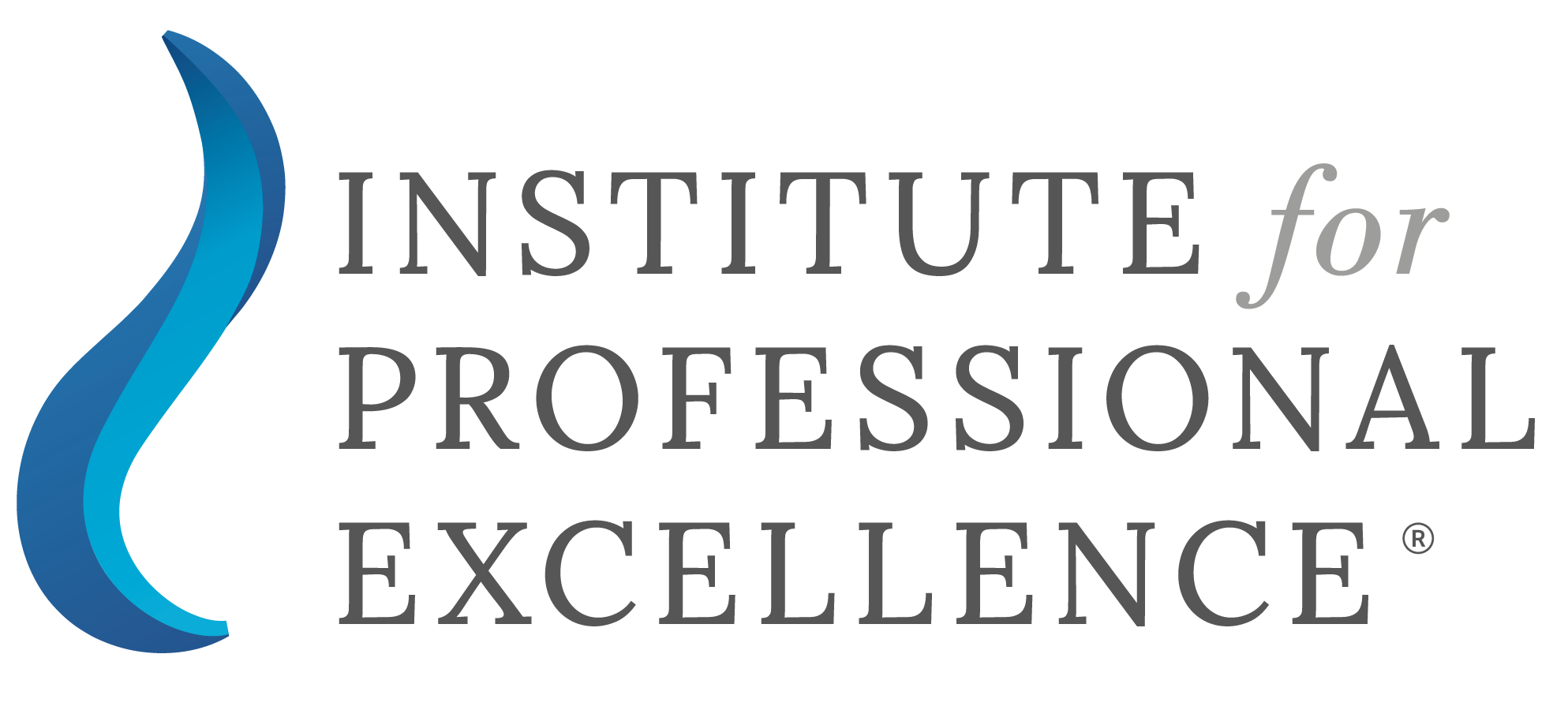The MiCA Regulation in 2023
On the 16th of May 2023, the
European Council formally adopted the Markets in Crypto-Assets (MiCA)
Regulation, establishing the first legal framework for crypto-assets at the European
Union (EU) level. MiCA is the result of the work conducted between several EU
preparatory bodies, authorities, and commissions for almost five years.
Within this blog post, the IforPE instructor, Nikolas Xenofontos, intends to briefly introduce you
to the Markets in Crypto-Assets Regulation and discuss its aim and objectives.
At the end of this blog post, we share with you
a course dedicated to MiCA Regulation that builds on the information
provided here. The course has been developed to provide professionals involved
in crypto-asset markets with an understanding of the regulation’s applicability
and main provisions.
What is MiCA?
The Markets in Crypto-Assets Regulation is a
dedicated and harmonized framework that provides specific rules for crypto-assets
and related activities and services. It constitutes part of the EU’s endeavour
to provide a broader legal framework for crypto-assets and distributed ledger
technology (DLT).
MiCA lays down uniform requirements for the
issuance, offering and placing of crypto-assets and the authorization and
operation of crypto-asset service providers (CASP). The ultimate goal of MiCA
is to increase the protection of retail holders and enhance the integrity of
the EU crypto-asset market while maintaining competitiveness in the global
market.
The outline of uniform requirements for both crypto-assets and CASP allows for crypto-asset services to be offered on a cross-border basis across the EU Member States. This uniformity provides higher levels of investor protection and financial stability.
The MiCA Regulation is designed to fulfil four primary objectives. The first is to provide the legal basis for crypto-assets that are not covered by existing European legislation. The second is to establish uniform rules for crypto-asset issuers, offerors and CASP entities.
To this end, the third objective is to replace existing frameworks developed on a national level to regulate crypto-assets that do not fall under existing financial services legislation. The fourth and final objective is to establish specific rules concerning asset-reference tokens and electronic money tokens.
MiCA Regulation is expected to come into complete force by the second semester of 2024. Until then market participants are expected to take all necessary measures and ensure compliance with the regulatory requirements prescribed therein.
What is the Markets in Crypto Assets (MiCA) Regulation course and what does it include?
The Markets in Crypto Assets (MiCA) Regulation course is delivered by Nikolas Xenofontos, the Managing Director at SALVUS Funds, and aims to guide professionals through the most critical requirements of the regulation.
Professionals who undertake this course will be introduced to the primary categories of crypto-assets and will gain an understanding of the regulation’s significance. Furthermore, they will be educated on the upcoming regulatory obligations of crypto-asset issuers, offerors, and CASP regulated entities. On a final note, the course addresses the Anti-Money Laundering (AML) framework that complements the MiCA Regulation. The course is suited for professionals with no or limited experience in crypto-assets and related services and activities and are employed within:
- Crypto-Asset Service Providers
- Investment Firms
- Investment Funds
- Fund Administrators
- Electronic Money Institutions
- Payment Service Providers
- Law firms
- Audit firms
The syllabus of the MiCA Regulation course
includes:
- Fiat Currency, Digital Assets and Crypto Assets
- Introduction to MiCA
- The Importance of MiCA Regulation
- MiCA Provisions: Crypto-Assets
- MiCA Provisions: Crypto-Assets Service Providers
- Complementary AML Regulatory Framework
The material of the MiCA Regulation course is provided in both PDF slides and online video recordings, designed specifically for self-paced learning. Learners who register for this course have the flexibility to learn wherever and whenever.
At the end of the course, learners can test the acquired knowledge by undertaking a set of test questions based on the material covered.
The completion of this course counts towards the Continuous Professional Development (CPD) annual requirements of professionals, holders of the CySEC Advanced and Basic certifications.
If you have any questions about Nikolas' course or any other questions related to your training requirements, please contact us; we would love to help.
Ancora Imparo

The Institute for Professional Excellence (IforPE)
Copyright © 2019-2026
navigate
The Institute for Professional Excellence is protected under a registered European trade mark. The figurative trade mark registration number is 018854840. This trade mark is protected under the European Union's legislation.
